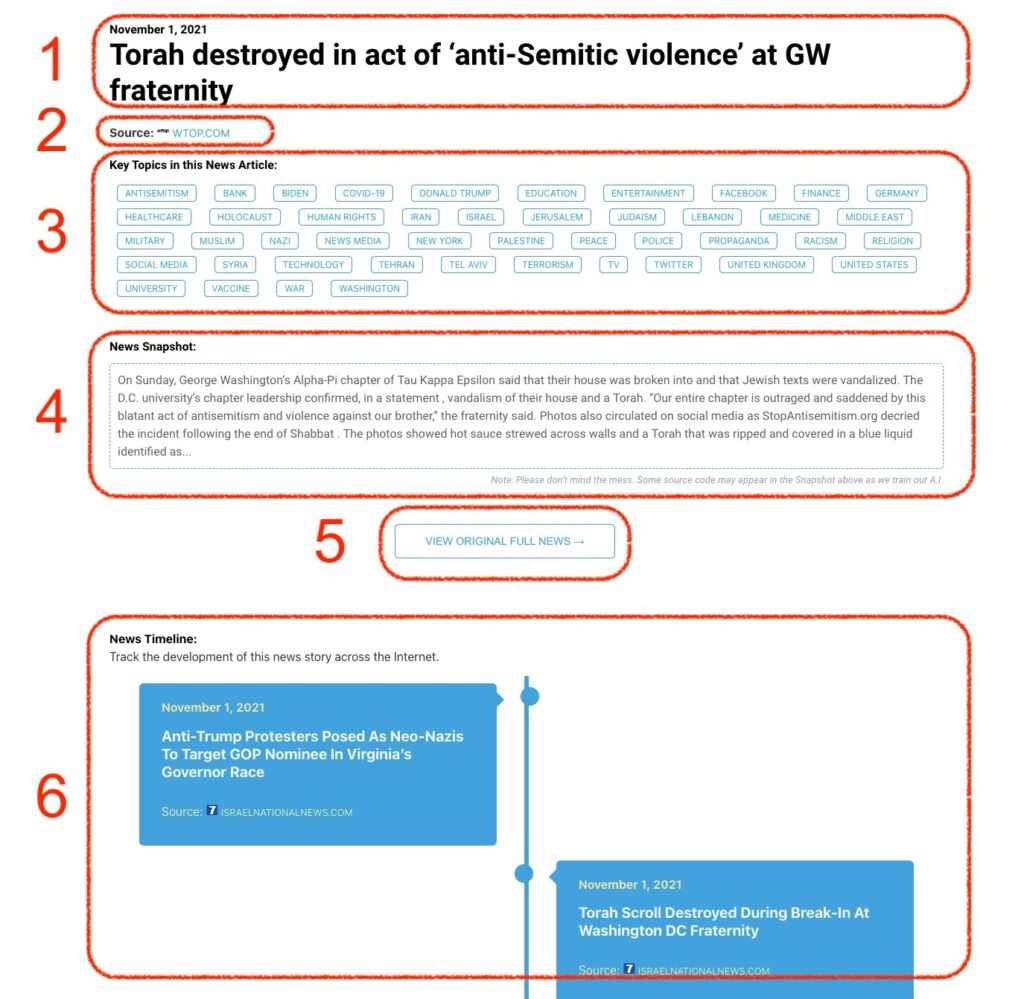Before we all had what are essentially little powerful computers in our pockets at the ready to solve any problem via search engines and AI, analog machines combined with pen-and-paper math was the go-to. There was little to no computing power around the time of World War II, except for devices like Colossus and Bombe, used by the British military for codebreaking, and the Electronic Numerical Integrator and Computer (ENIAC), used by the U.S. for general-purpose calculations. Smart people like the British mathematician Alan Turing were the brains behind these early iterations of computers, playing a key role in accelerating...
Monitoring Antisemitism Intel

